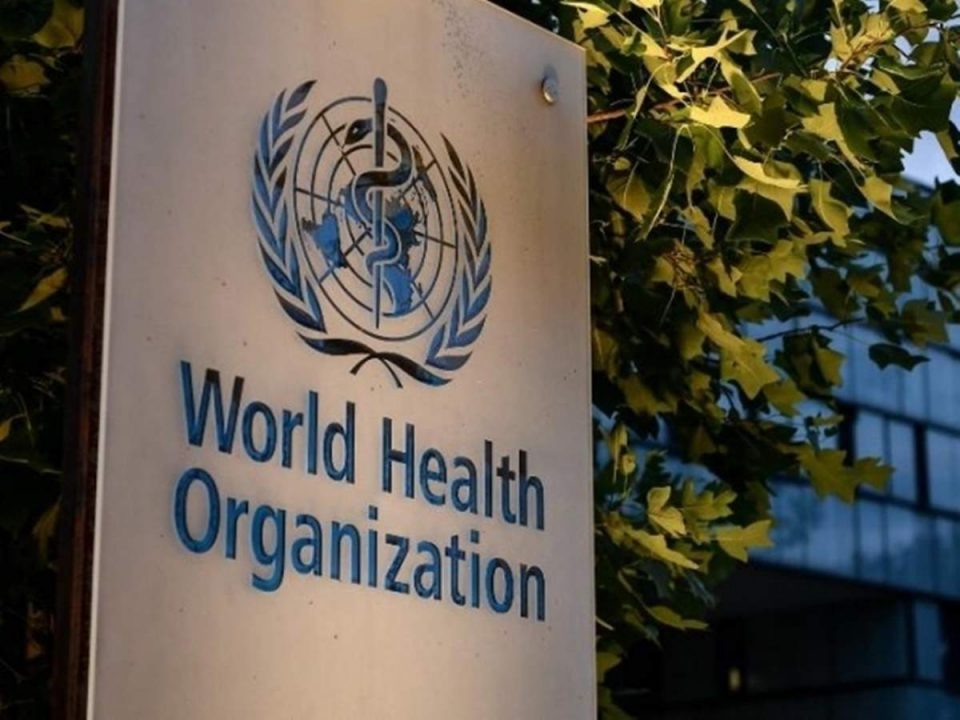The World Health Organisation (WHO) said on June 1 that only Delta variant of the Covid-19 which was first detected in India is now considered “of concern”, while two other strains had been downgraded. The B.1.617 variant of the virus, which has been the reason for India’s boom in the Covid-19 pandemic. The UN health agency last month declared the Delta variant of Covid a “variant of concern”.
“It has become obvious that public health risks are currently related with B.1.617.2, while lower rates of transmission of other variants have been observed,” the World Health Organization said in its weekly epidemiological update on the pandemic. The B.1.617.2 variant remains a concern, along with three other variants of the virus that are seen as more dangerous than the original version because they are more transmissible, deadly, or have the potential to get past some vaccine protections.
- Income Tax Refund Grew 46% in April-November
- Inventurus Knowledge Solutions Ltd IPO GMP, Lot Size, Key Dates & Investing Details
- Swiss National Bank Cuts Interest Rate by 50 Basis Points
- SolarSquare Secures $40 in Series B Funding Round
- CEA Maintains 6.5-7% Growth Estimate for FY25
In line with a decision announced on May 31 to refer to the variants using Greek letters, in a bid to avoid the possible stigmatization associated with referring to them with the name of the countries where they were first detected, that variant has now been dubbed Delta. “We continue to observe significantly increased transmissibility and a growing number of countries reporting outbreaks associated with this variant,” the UN agency said.




